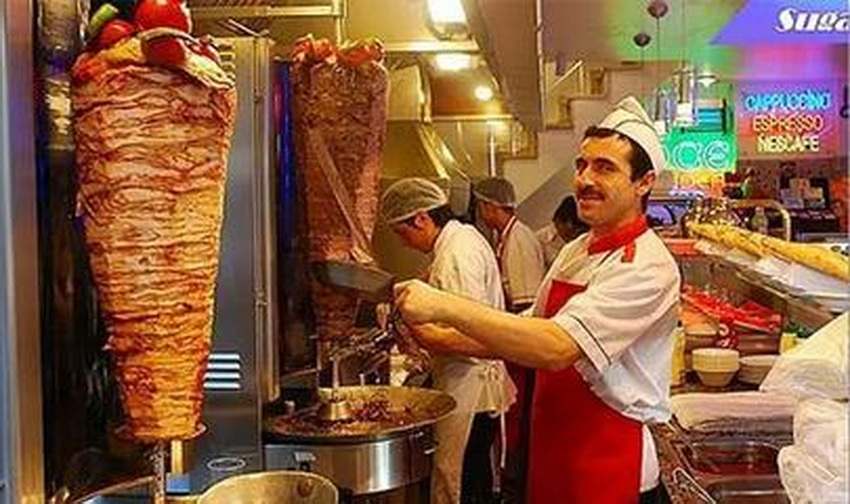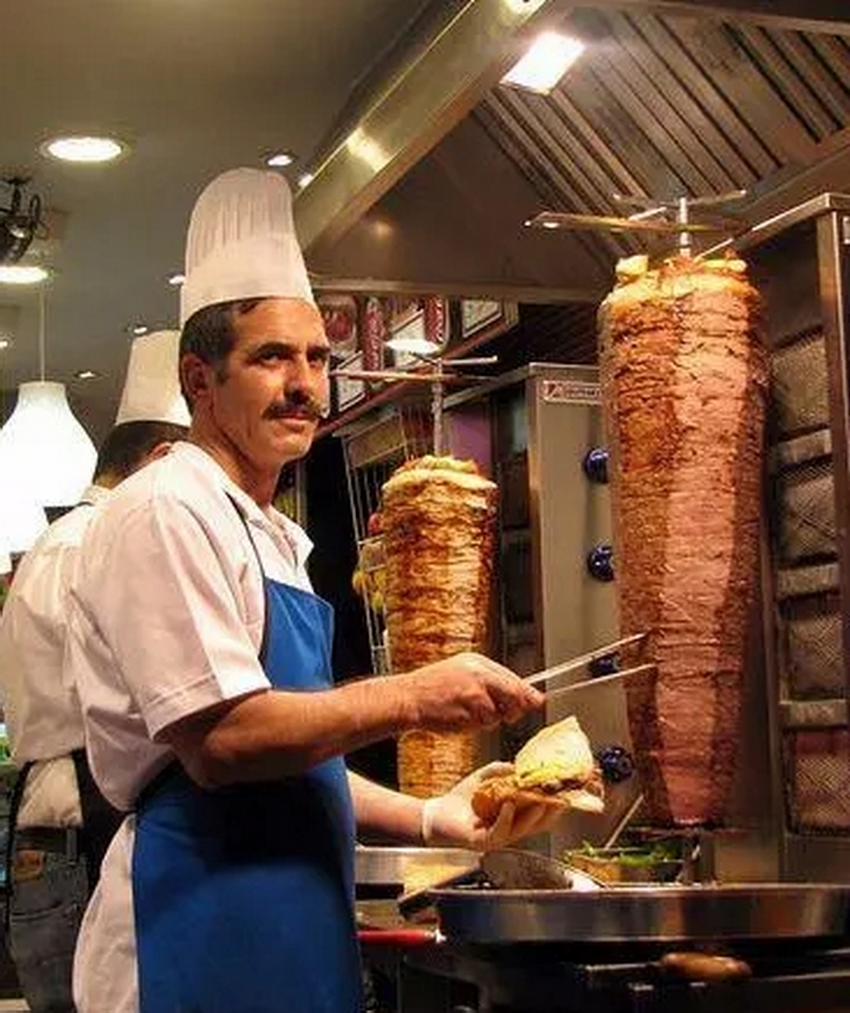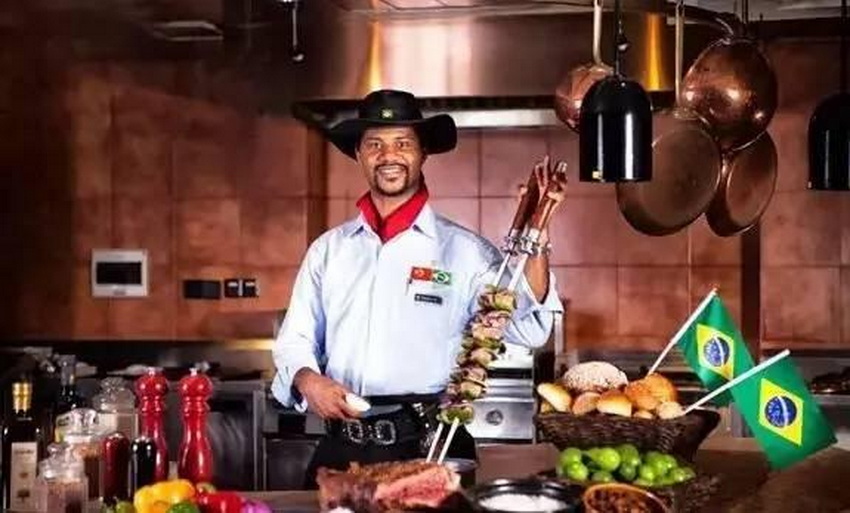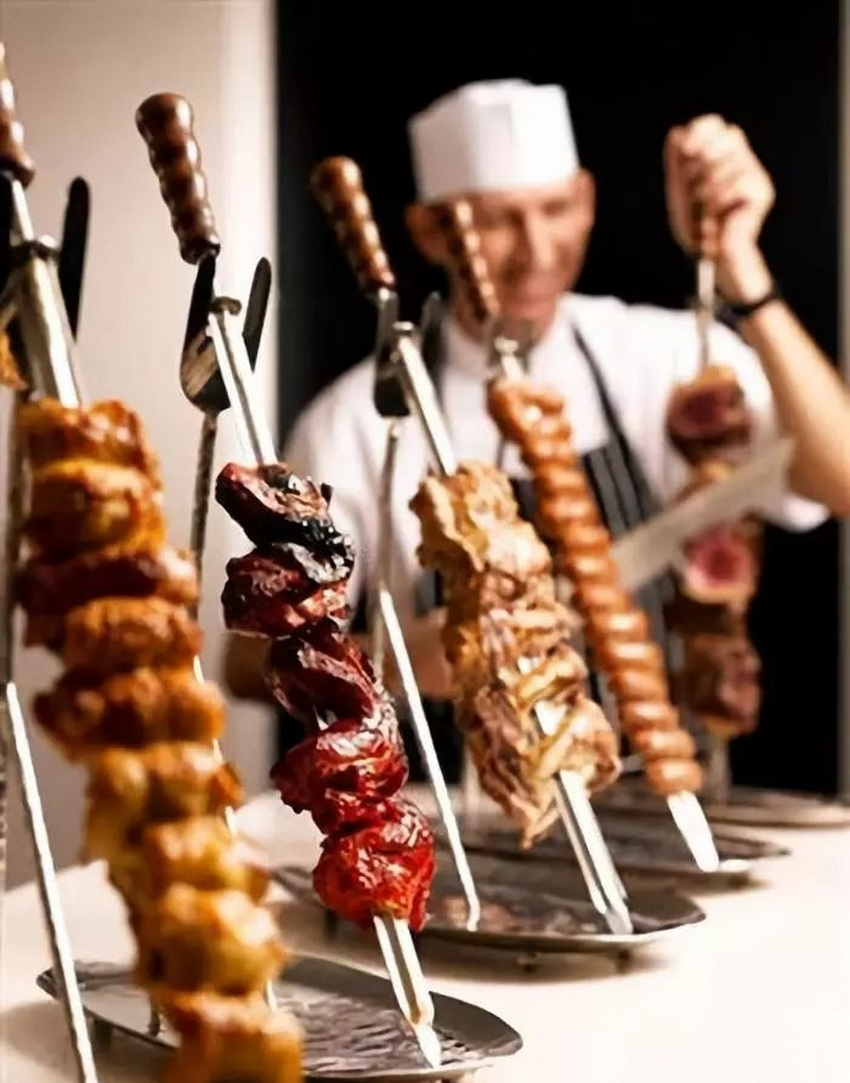![]() Windy.
Windy.
 WeChat
WeChat
 WhatsApp
WhatsApp
Click:479 seen
Kebab is a long-standing delicacy that originated during the Turkish Empire. This roast was originally prepared by Turkish cooks in the royal palaces and noble mansions, using mainly mutton as the raw material. With the passage of time, Turkish barbecue gradually spread to the people and became a popular food.
The preparation of Turkish barbecue is very unique, requiring the meat to be cut into small pieces or thin slices and then marinated with various spices. The cured meat is then skewered on skewers or iron skewers and slowly roasted on the stove. During the roasting process, the chef will constantly rotate the skewers so that the meat is evenly heated. In addition, a variety of spices and seasonings are added, such as salt, pepper, mashed garlic, rosemary, chili, etc., to add flavor and mouthfeel to the roast.

The popularity of Turkish kebab can't be separated from one country: Germany. Due to the increase of Turkish immigrants in Germany after World War II, Turkish kebab also became popular and had Western innovations. Such as the popularization of sauces and salads inside, variety and so on.

Speaking of Brazil, in addition to football and samba, there is one thing to be proud of, that is churrascari. It combines the best of Portuguese, African and Indian food, and it can even be said that the Brazilians are inseparable from this food relationship.
Churrasco is a Portuguese word for chargrilled and grilled meat, generally referring to churrasco. Brazilian barbecue has a long history, originated in the early 18th century, cowboys like to kill trophy cattle on the spot, directly with a knife skewer to eat, beef as the main ingredient of Brazilian barbecue has continued to this day. This method of grilling spread and became a unique Brazilian cuisine. Churrasco is the state dinner of Brazil and is loved throughout South America. After more than 500 years of evolution and the inheritance and evolution of Brazilian famous chefs, the barbecue has been more refined in modern times. Now it has become a brand, a traditional culture, and continues to spread around the world.

The birthplace of rotisserie is the state of Rio Grande do Sul, located in the southernmost part of Brazil, bordering Argentina and Uruguay, and the birthplace of the Gaucho steppe culture. It is also the home of Russell and Giselle Bunchen, and the descendants of mixed European and Indian descent here are known as Gauchos, the word "Gauchos" meaning "orphans" and "prodigal sons", and the same origin as the Argentinian Uruguayans.
The Gauchos are a nomadic indigenous people who lived in the southern steppe of Brazil many years ago, herding cattle and eating barbecue all their lives. The beef is salted, skewered on a wooden pestle, and cooked gently, which is the earliest Brazilian barbecue. Until the end of the 18th century, Brazilian cowboys often skewer meat with long swords in their leisure time, and barbecue on the campfire, which has been followed until now, forming a unique flavor of Brazilian barbecue. The most authentic and authentic Brazilian barbecue is also in the south, and the famous barbecue restaurants in Rio and Sao Paulo, Brazil's two major cities, are mostly run by southerners.

